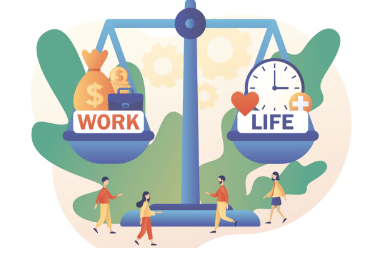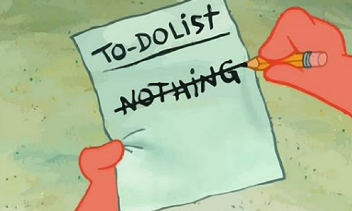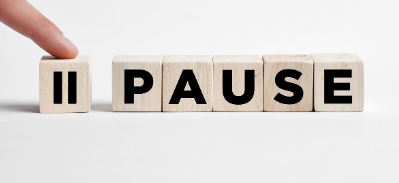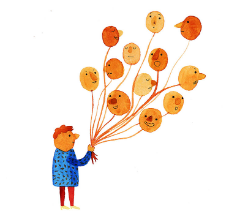Beyond the Hustle: Navigating the Hazards of Toxic Productivity Culture
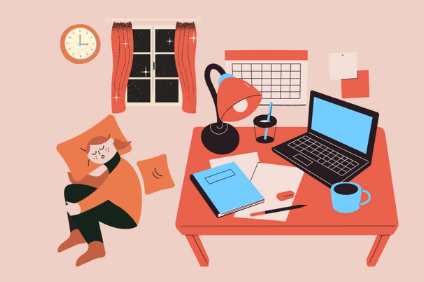 Toxic productivity culture: Is social media controlling how hard you work?
Toxic productivity culture: Is social media controlling how hard you work?
In the relentless pursuit of success, a culture of productivity has embedded itself into the fabric of our daily lives, steering us toward achievement at breakneck speed. We start to juggle up more than 3 activities, fill our daily schedules until there is no room left for leisure, and never feel enough with everything we have achieved. Hidden beneath the glossy surface of accomplishment lies what we call toxic productivity. This silent intruder doesn’t merely applaud hard work; it demands our well-being.
Toxic productivity is one of the phenomena mostly happening to young adults which simply means being productive nonstop at the expense of physical and mental health. The pressure to get into good colleges, land desirable jobs, and climb the corporate ladder can be intense. In the millennial hustle culture, some young adults feel they must work hard from sunrise to sunset. Also, more young people now work from home. This has led to an increased tendency to be in productivity mode because the lines between professional and personal lives have blurred.
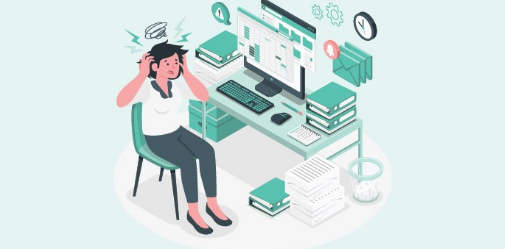 The Problem with Toxic Productivity
The Problem with Toxic Productivity
Toxic productivity can be caused by remote work, underlying distress, childhood conditioning, and imposter syndrome. On the other hand, people who want to avoid anxiety, depression, and other painful feelings created by trauma and PTSD might choose toxic productivity as their unhealthy coping mechanism. Constant busyness serves as a distraction because it helps when unwanted emotions come up. When you’re feeling bad, doing things like volunteering, working on projects, cleaning, or exercising intensely can help push away those painful thoughts and emotions.
If you are feeling guilty for taking a break, prioritizing work over health, constantly comparing yourself to others, never feeling satisfied with your work, neglecting personal relationships, or working to avoid uncomfortable feelings or dealing with personal problems, then you experience this toxic productivity. Over time, you will feel physically and mentally exhausted, unmotivated, irritable, and stressed— also known as burnout. So, here are several ways to combat toxic productivity.
- Make sure to establish clear limits between your work and personal time.
https://ahaslides.com/id/blog/work-life-balance-is-important/
Reclaim a balance between work and life. Choose a specific time to separate your work and personal hours, like a set time on the clock or just before dinner. Power down your cell phone or place it in a different room with the ringer turned off.
2. Remember to include breaks in your schedule.
https://community.thriveglobal.com/taking-a-break-can-boost-your-productivity-here-s-how/
You can do 5 minutes in between your activity or you can go for a 10-minute walk after you finish one work. Sometimes, all we need is a little break to refresh our minds so that we can be more productive or maybe get new inspirations.
3. Allocate some time for doing nothing.
Take some time to completely unplug every day, or at least a few times a week. Take a walk, meditate, or lie in the grass and watch the clouds. Doing nothing for a while can help you feel more refreshed when you go back to work.
4. Take a moment to breathe and reconsider.
You don’t have to deal with everything right away. Take a breath. Think about the worst thing that could happen if you wait a day before doing anything. If you can wait a day, go ahead.
5. Address the emotions that are underneath
https://hbr.org/2016/11/3-ways-to-better-understand-your-emotions
When you feel the urge to start doing something, but it’s not necessary, take a moment to stop. Figure out what thought or feeling is making you want to work so hard. Instead of getting caught in the harmful cycle of toxic productivity every day, try sitting with your thoughts and emotions. They will eventually go away.
Reference:


